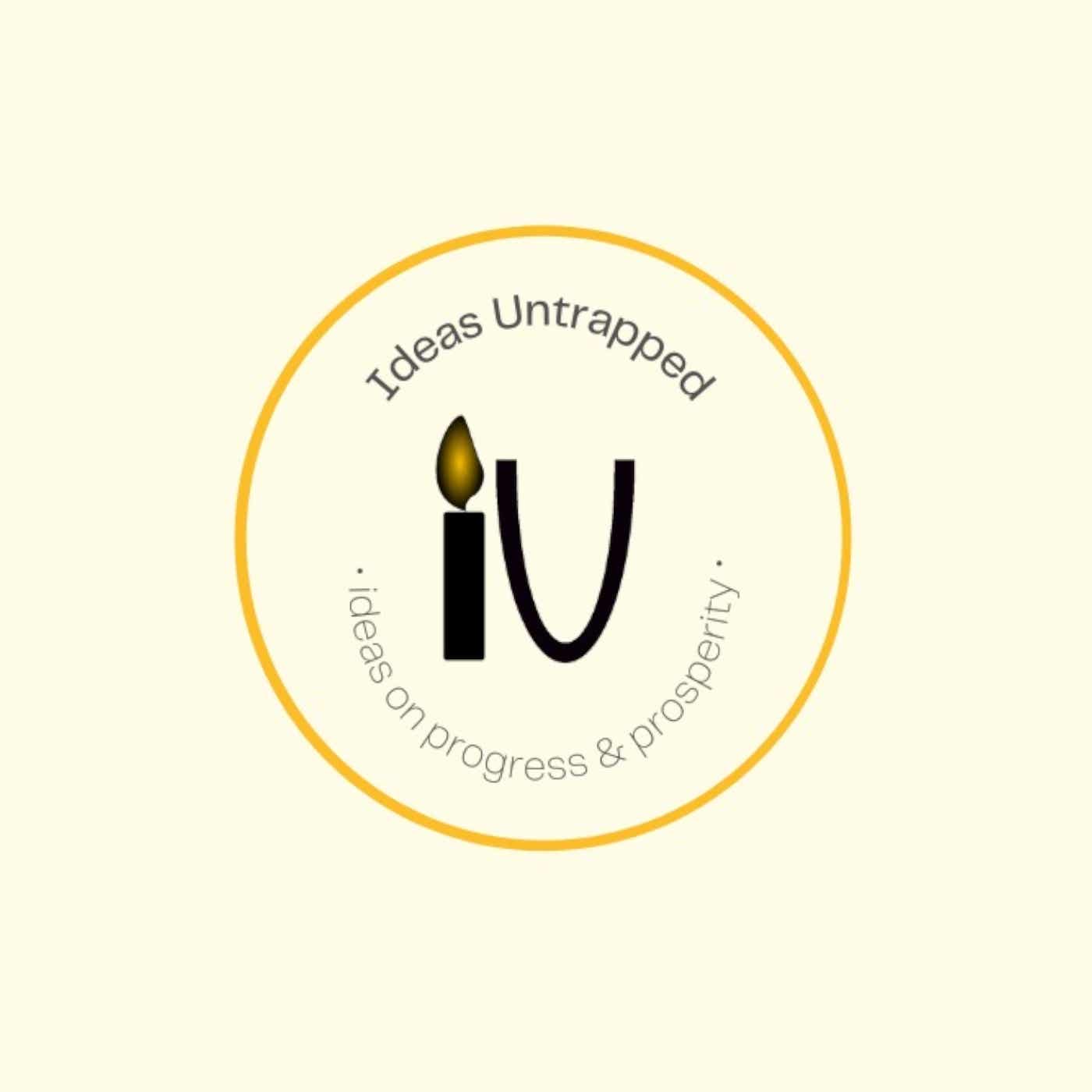RULE OF LAW AND THE REAL WORLD
Description
''Rule of law'' is the generally accepted description for how well a political system conforms to formal rules - rather than functioning through the whims of the most powerful social or political agents. For a society to be described as one functioning under rule of law - there must be rules and those rules must be equally applied to everyone in the society. Let us call this Letter of the Law. These rules are usually expressed through the constitution of a country and enforced through the courts. But simply having rules and enforcing them does not suffice in the making of the rule of law - and it is an incomplete (however accurate) conception of it. Some rules can be drafted in bad faith or with the express purpose of protecting the interest of the political elites responsible for governance. This is why many scholars have argued that the rule of law can only be said to exist in a state that functions under rules designed to protect the civil liberties (individual rights, freedom of speech, freedom of association, etc.) of the people living within its territory. Let us call this the Character or Spirit of the Law.
The character of the law understood as the fulfilment of constitutionally-guaranteed civil liberties is the most common standard by which governance is judged to conform or deviate from the rule of law. For example, countries that routinely violate the rights of citizens in whatever form cannot be said to be governed by the rule of law, even if it has a written constitution. Consideration of the character of the law is the context to understanding the work of my guest on this episode, Paul Gowder.
He is a professor of law at NorthWestern university with a broad research interest and expertise. Paul departs from this common derivation of the character of the law as rooted in liberty - and argued that for the rule of law to be broadly applicable in different societies (not dependent on the political institutions and ethical ideals of any specific society) with varying cultures and traditions of governance, it must be rooted in Equality. To understand Paul's argument, I will briefly state two important aspects that set the tone for our conversation - this should not be taken as an exhaustive summary of his work and I encourage you to check out his website and book. The first is that the rule of law as a principle regulates the actions of the state (government), and it is not to be conflated with other rules that regulate the actions of citizens.
This is such an important point because one of the most egregious expressions of the law is when a government uses it to oppress citizens. Secondly, Paul outlines three components of the rule of law based on equality as 1) regularity - the government can only use coercion when it is acting in ''good faith'' and under ''reasonable interpretation'' of rules that already exist and are specific to the circumstances. 2) publicity - the law has to be accessible to everyone without barriers (''officials have a responsibility to explain their application of the law, ...failure to do so commits hubris and terror against the public"). 3) generality - the law must be equally applicable to all. Putting all these elements together gives us a rule of law regime where everyone is equal before the law, and the state does not wantonly abuse citizens or single out particular groups for systematic abuse.
I enjoyed this conversation very much, and I want to thank Paul for talking to me. Thank you guys too for always listening, and for the other ways you support this project.
TRANSCRIPT
Tobi;
I greatly enjoyed your work on the rule of law. I've read your papers, I've read your book, and I like it very much. I think it's a great public service if I can say that because for a lot of time, I am interested in economic development and that is mostly the issue that this podcast talks about. And what you see in that particular conversation is there hasn't really been that much compatibility b
More Episodes
Published 04/27/24
In this episode, I had a conversation with economic historian Johan Fourie, who is a professor of economics at Stellenbosch University, and the author of one of the most enjoyable books on economic history called Our Long Walk to Economic Freedom. We spoke about the resurgence of economic...
Published 03/20/24
Published 03/20/24


